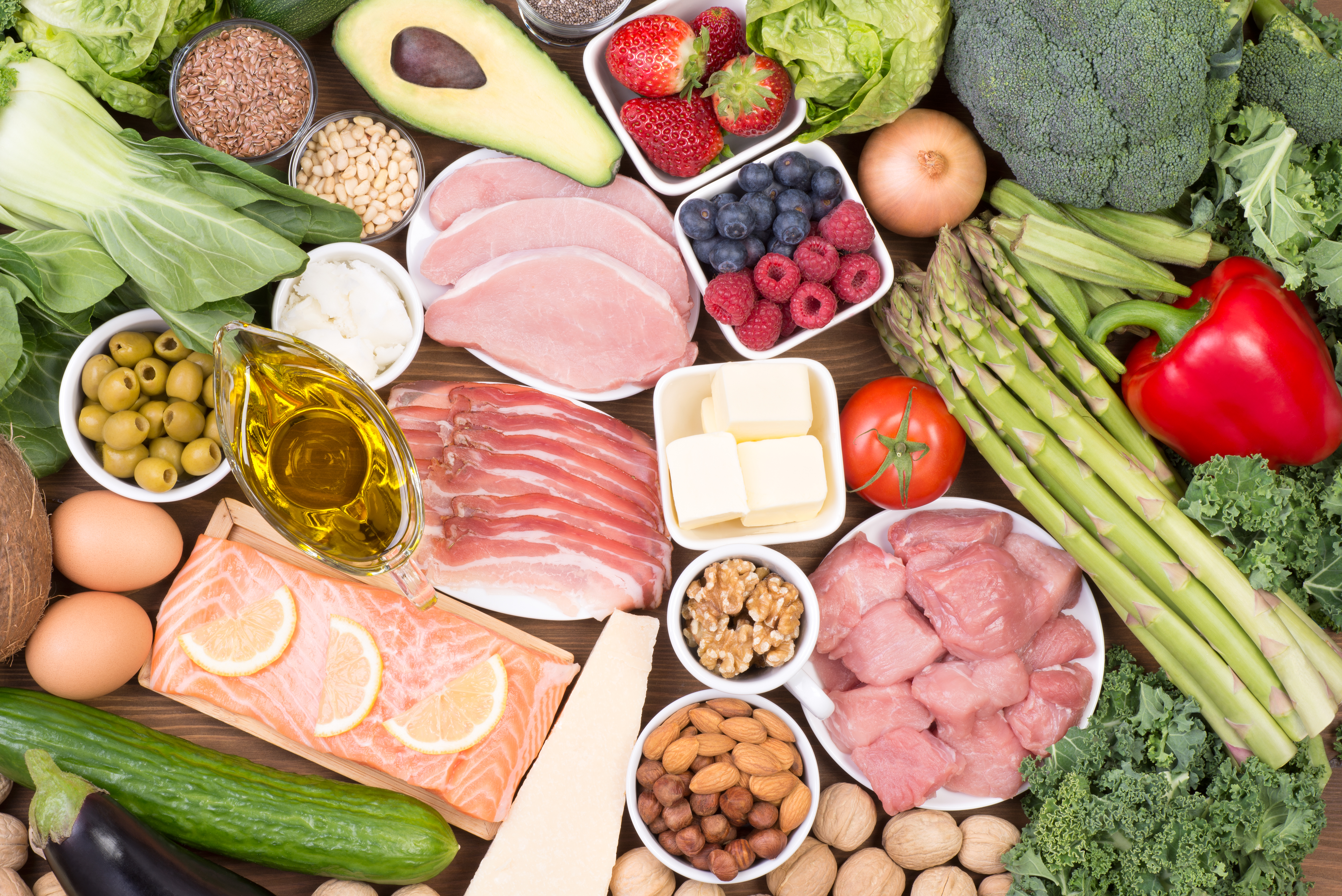What works for weight loss is pretty simple science
Whether you gain or lose weight is mainly a matter of calories in versus calories out. This is essentially why the Ketogenic Diet is no better or worse than any other diet.
Consume fewer calories through food and drink than you burn off and, hey presto, you'll lose weight. Despite how obvious this evidence appears to be, it hasn't deterred an increasing number of charlatans from pushing dodgy diets.
What is the Ketogenic Diet?
The Ketogenic Diet - or Keto for short - is a high-protein, high-fat and low-carb diet plan. Carb levels are so low they rarely go beyond 30-40 grams per day, which is little more than a small portion of oats and a banana.
Keto connoisseurs claim this diet is best for weight loss, but that isn't proven by evidence.
Nutritional scientist Dr. Layne Norton recently shared this post to his Instagram account:
https://www.instagram.com/p/BvhbxI-l7Wf/
Norton writes about one study in particular, which found that a mixed diet and a Ketogenic one produced the same weight loss results when calories were topped at 800 and protein 50 grams.
[caption id="attachment_222007" align="alignnone" width="4500"]
 Foods typically found on the Ketogenic Diet - notice the lack of carbs
Foods typically found on the Ketogenic Diet - notice the lack of carbs[/caption]
There are over 30 studies into the efficacy of Keto on weight loss, however. As Norton points out, research on the Ketogenic Diet can be summed up into a few simple points:
- Keto is no better for fat loss than any other diet, where protein and calories are the same
- Over 30 studies support this fact
- That's not to say a Keto Diet won't work, it just has to contain the right amount of protein and calories
- Any successful diet must be sustainable and something you can adhere to
- Because Keto almost completely eliminates carbs, it can be very difficult to sustain
Read more from JOE:



 Foods typically found on the Ketogenic Diet - notice the lack of carbs[/caption]
There are over 30 studies into the efficacy of Keto on weight loss, however. As Norton points out, research on the Ketogenic Diet can be summed up into a few simple points:
Foods typically found on the Ketogenic Diet - notice the lack of carbs[/caption]
There are over 30 studies into the efficacy of Keto on weight loss, however. As Norton points out, research on the Ketogenic Diet can be summed up into a few simple points: